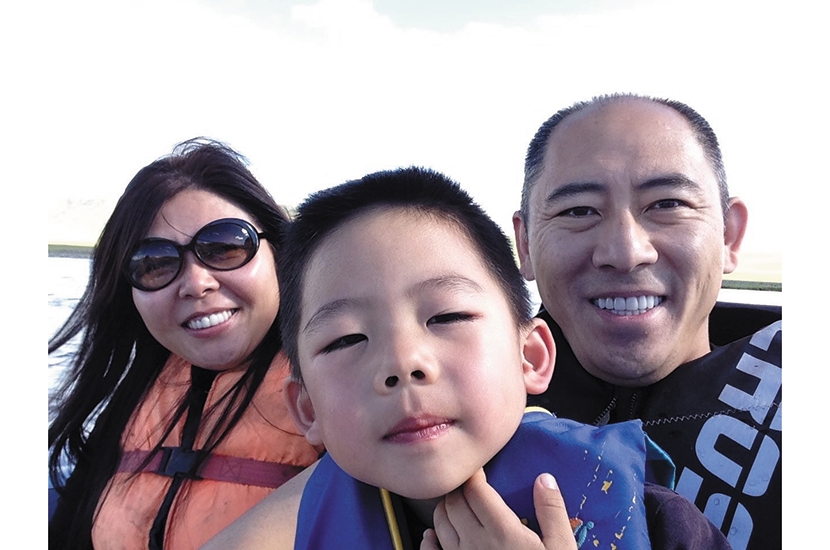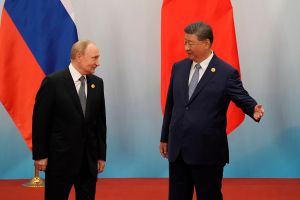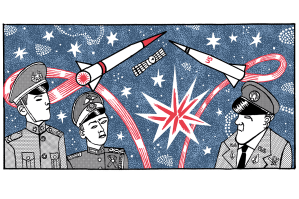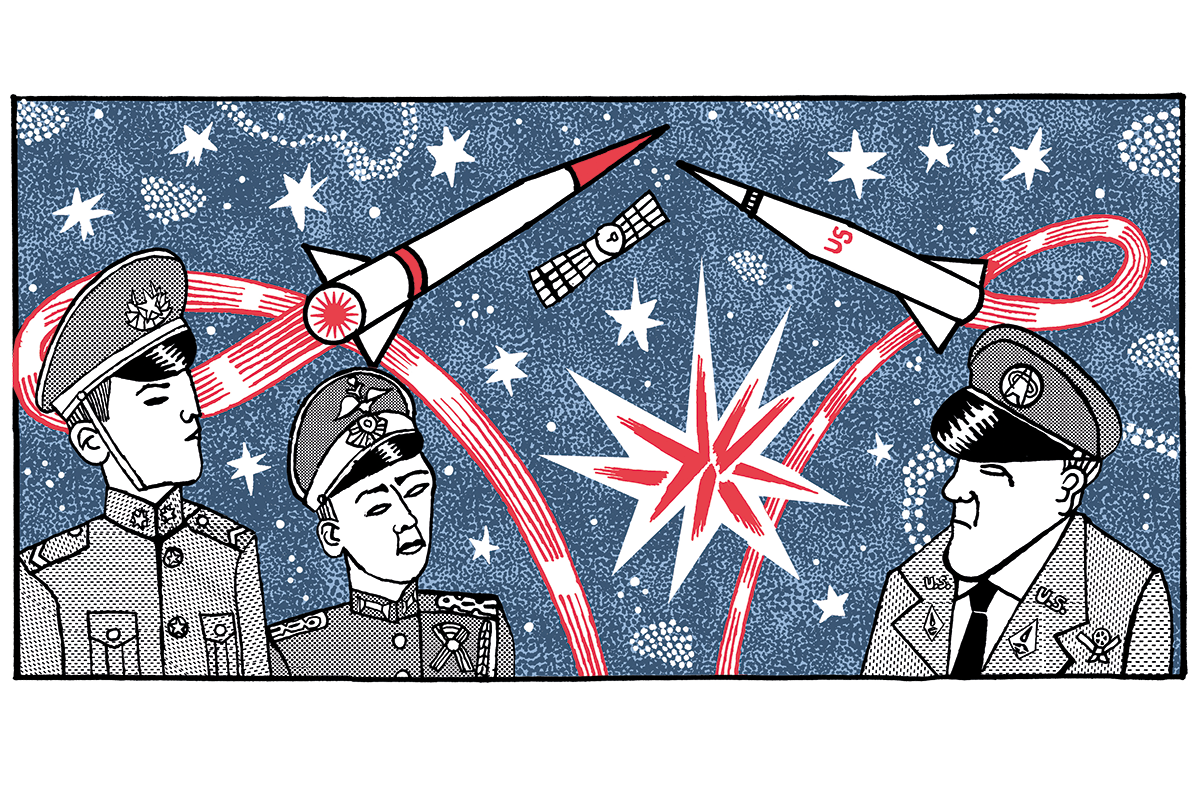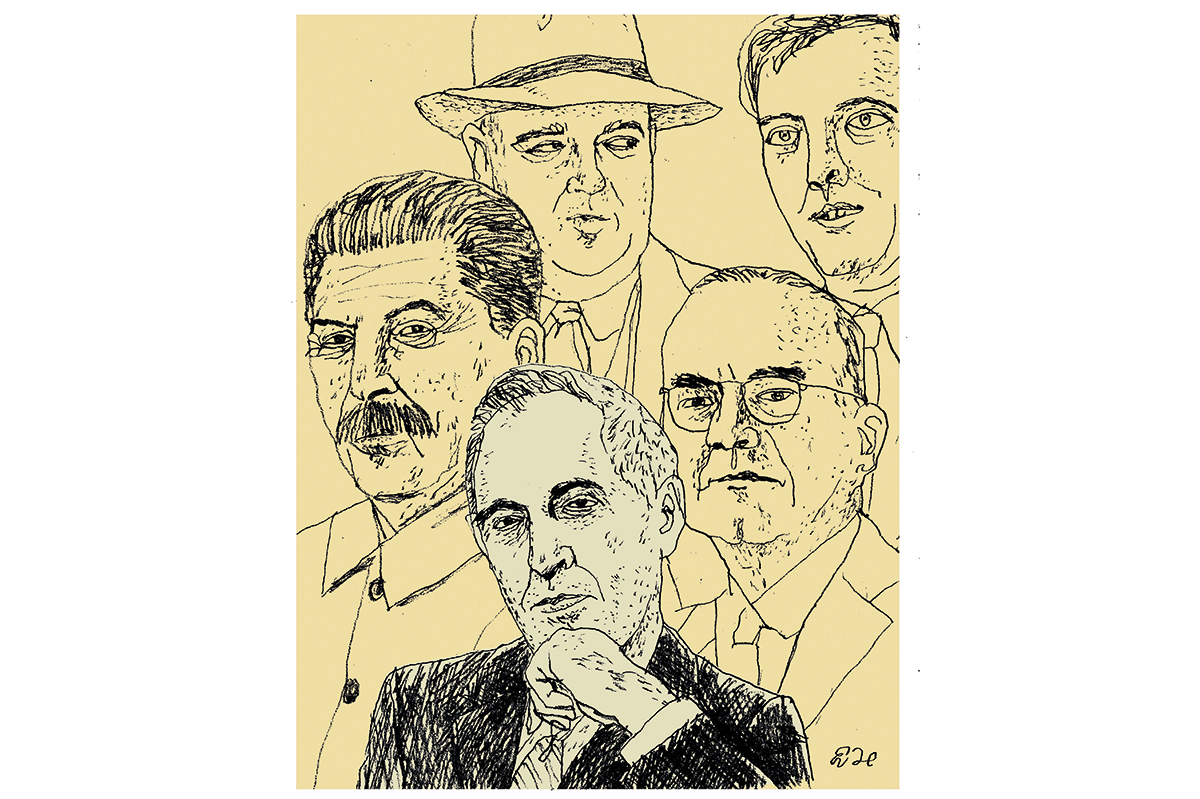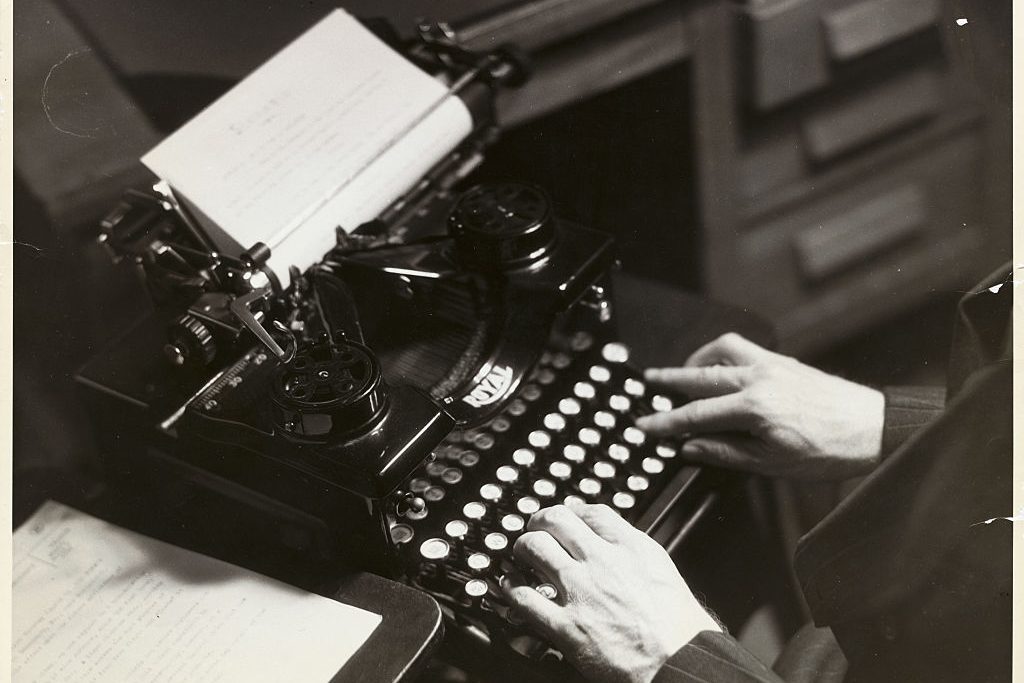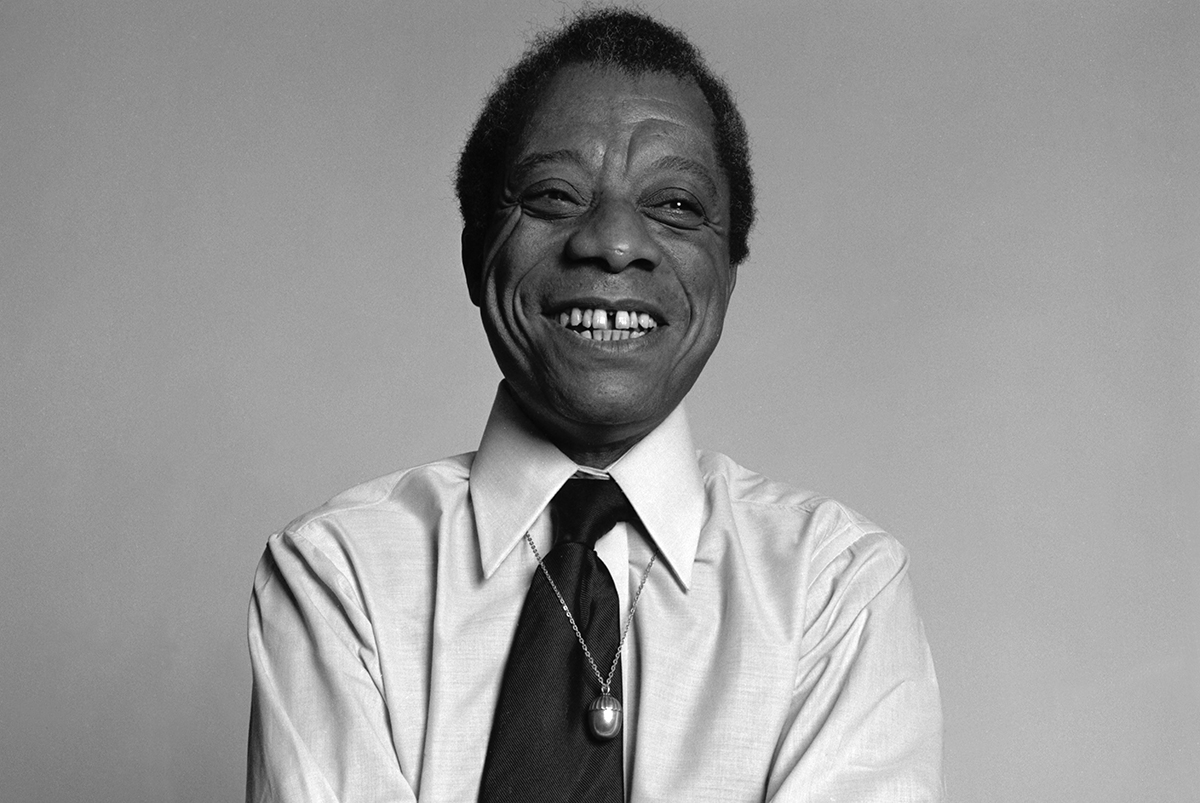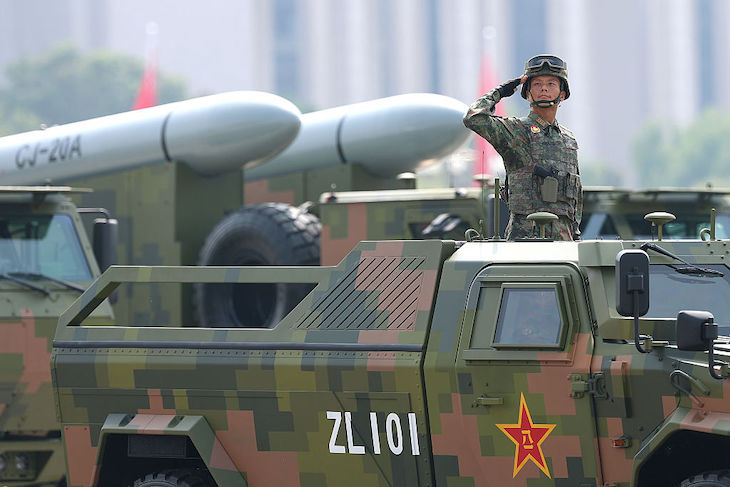In the winter of 1992, the retired octogenarian Deng Xiaoping toured China’s southern coasts. From there he gave a spirited warning to his communist successors: ‘Whoever doesn’t reform will have to step down! We must let some people get rich first!’
These words were the starting-gun for the country’s opening, and its intense economic reform. In the decades since, Chinese cities have never stopped hungering for more space, with new suburbs swallowing up old villages and steel skyscrapers growing ever higher. Even taxi drivers lose their way. One sheepishly explained to me: ‘That road never used to be there.’
With the economic growth, even ordinary people became billionaires overnight, forming a new elite alongside the communist old guard and their children. Those who didn’t quite make it, like my parents, sneered at the successful as baofahu — nouveau riche who ‘exploded in wealth’. The political and business elite needed each other. Party officials would dole out construction permits and licenses to sell in return for a cut of the profits from entrepreneurs who went on to build airports, hotels and roads. Widespread corruption ensued. Traditional Chinese ways came flooding back — of giving lavish presents and hosting generous banquets — and a competitive drinking culture developed, fueled by the sorghum-brewed spirit Moutai, ‘China’s national drink’, as Desmond Shum calls it. Anyone who was anyone back then would have failed a breathalyzer test after lunch.
This was the game that Shum’s wife, Whitney Duan, played so well. Her speciality was creating networks of contacts — or guanxi. You scratch my back, I’ll scratch yours. At times Red Roulette reads like a Who’s Who of Chinese politicians: dinner with Deng Xiaoping’s daughter; tea and fruit with Vice President Wang Qishan. Duan’s biggest prize — one whom the couple spent years grooming with gifts, business advice and even a European grand tour — was Zhang Beili (‘Auntie Zhang’), the wife of the former premier Wen Jiabao, once the second most important man in China. Duan was Zhang’s baishoutao (‘white glove’), putting her own name to Zhang’s business interests to protect her, in return for the premier’s implied support (though Shum is at pains to stress that Wen seemed almost oblivious of his wife’s activities).
Even love was transactional. Shum and Duan carried out a McKinsey-style ‘Strengths, Weaknesses, Opportunities and Threats’ analysis of their relationship before getting engaged. ‘It felt like an arranged marriage,’ Shum reflects.
For a while, the partnership worked well. In their heyday, the couple developed Beijing airport as a lucrative freeport and built a five-star Bulgari-sponsored hotel in the city centre. Their wealth was obscene. Their favorite dish at the Michelin-starred Lei Garden was fish maw soup, which cost $1,000 (‘the air bladder of big fish,’ Shum explains).On a trip to France with the daughter and son-in-law of a Politburo Standing Committee member, they chartered three private jets and blew more than $100,000 on wine at one meal alone. Shum is sanguine about the extravagance: ‘That was the cost of doing business in China in the noughties.’
But political patronage came at a price. In 2012, when the New York Times exposed the $3 billion that Premier Wen’s family was worth, Duan was ordered to claim that some of the wealth was her own. The downfall of another of her patrons five years later — the Politburo Standing Committee member Sun Zhengcai — coincided with her own disappearance. Sun, from a rival faction to Xi, was later sentenced to life for bribery, but Duan did not resurface. In trying to find the mother of his child in the four years since, Shum reflects how none of Duan’s erstwhile political allies helped him.
Once you get past the many details about Shum’s family (do we care that his grandmother rose at 4 a.m. to drink soy milk every day?), the book is full of fabulous titbits. We learn how Xi turned the Politburo Standing Committee against his rival Bo Xilai, and that Wen threatened to divorce his wife after the New York Times splash. It was a period of so much scheming that the Beijing Hotel employed two full-time coordinators to stagger guests so as to prevent inconvenient encounters. This was the China that western companies were still rushing headlong into, led by David Cameron’s pint of IPA with Xi.
It’s this level of detail on Beijing’s inner workings — published in English for the world to read — that has clearly spooked the communist high command. Two weeks ago, Duan suddenly reappeared. She spoke to her child for the first time in years, but ended the phone call begging Shum to pull the publication of Red Roulette. ‘She asked me, “what would our son do if something were to happen to you?”,’ Shum told CNN’s Christiane Amanpour, a thinly veiled threat. He now lives with their young son in England and told Duan that he had no intention of pulling the book, now on UK shelves — though with the safety of the entire family, particularly Duan, in doubt, one wonders what one would have done in a comparable situation.
Xi Jinping seems to be fast ending that era of Moutai-fueled post-Maoist decadence, slapping down flamboyant billionaires such as Jack Ma, issuing edicts on eradicating inequality and stamping out gift-giving. (One local party official complained to me that you couldn’t even present a bottle of wine to anyone these days.) But Shum’s recollections are still deeply embarrassing for the Chinese Communist Party, making this memoir a singular, highly readable insider account of the most secretive of global powers.
This article was originally published in The Spectator’s UK magazine. Subscribe to the World edition here.



